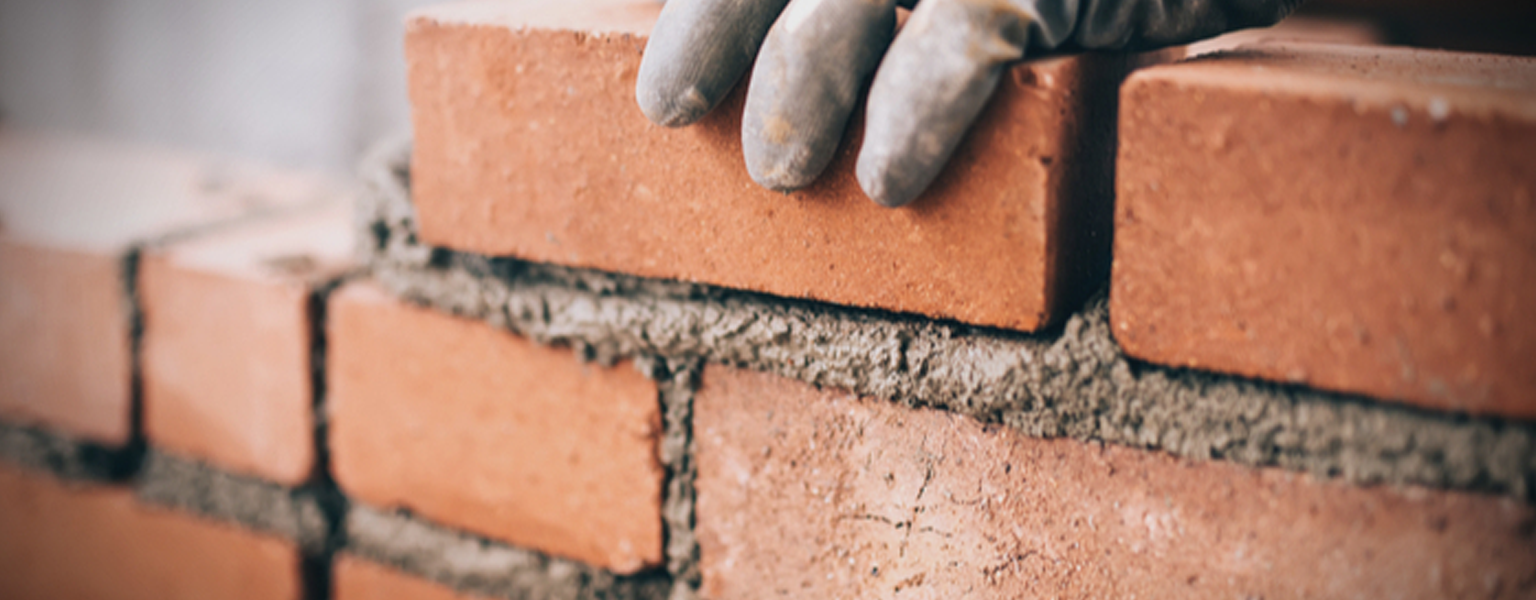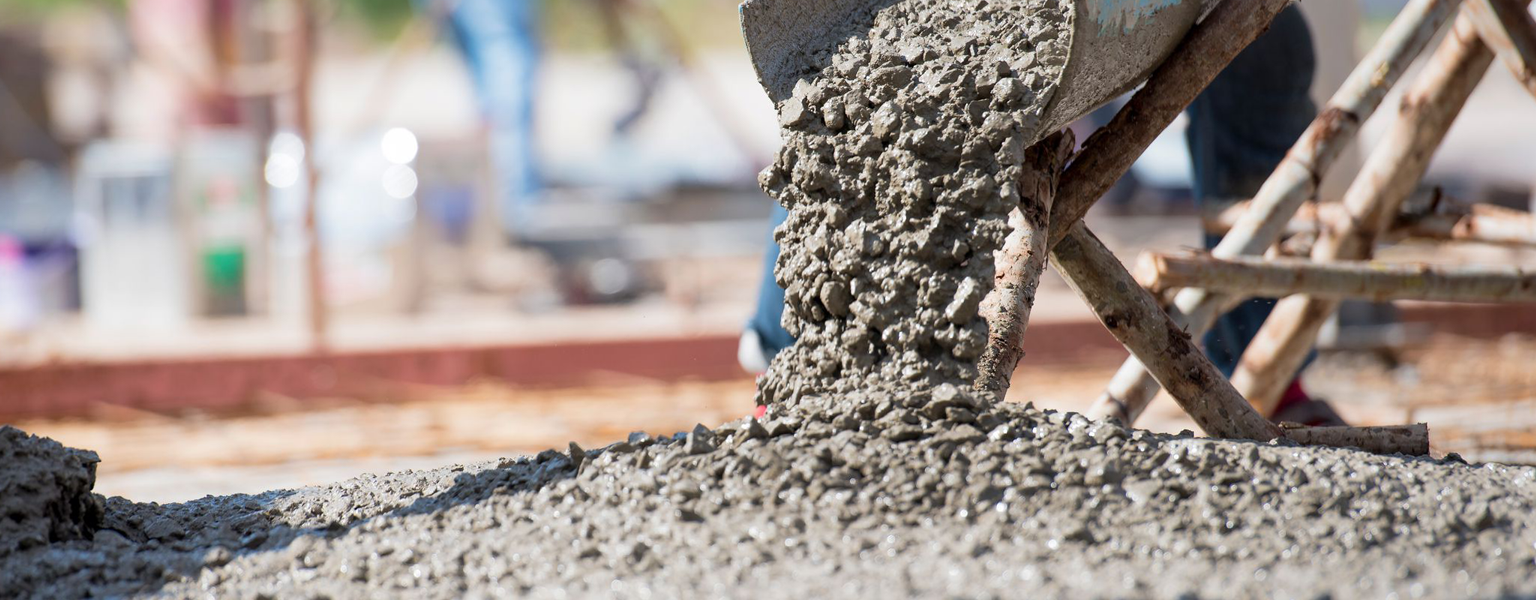Blog
Why NABL certification is important for building material testing labs?
Jancy Labs private limited is one of the Top NABL certified civil laboratories in Madurai, Tamil Nadu, it is the best building materials testing laboratory in Madurai, Tamil Nadu. Certification from the National Accreditation Board (NABL) of testing and calibration laboratories is essential to ensure the caliber and reliability of test facilities, especially when it comes to testing building materials. This certification by NABL, an independent organization working under the auspices of the Department of Science and Technology, Government of India, confirms that the laboratory adheres to stringent regulations and best practices in testing in the production of. NABL certification is fundamental for building materials testing laboratories for subsequent catching of exposures.

1.To ensure accurate results: Ensuring that laboratories provide accurate and reliable generation is one of NABL’s biggest certification goals. Precision is important in testing building materials because materials such as aggregate, steel, and concrete are important. Through the use of optimized hardware and standardized testing protocols, the lab produces reliable products, as confirmed by its NABL certification Preciseness is crucial for testing building materials since features such as aggregates, steel, and concrete are important. By using well-calibrated equipment and adhering to standard testing protocols, the lab produces results that may be trusted, as confirmed by its NABL certification.
2.Compliance with international standards: While NABL accredited laboratories, it adheres to universal standards and norms. Building fabric testing facilities must adhere to these standards to ensure that tested products meet the requirements specified in global specifications This association validates and authorizes laboratory visits for test results to be widely accepted in the global development area.
3.Increased Industry Credibility and Acknowledgment: A NABL-certified building material testing facility gets industry validity and recognition. Builders, contractors, and administrative specialists regularly prefer or require the administrations of conversant labs to evaluate the quality and security of construction materials. The accreditation gives proof of the lab's competency and contributes to its market reputation.
4.Quality Management Systems (QMS): Building up strong QMS within the testing office could be a necessity for NABL accreditation. This includes thorough documentation, quality control methods, and instruments for continual enhancement. QMS ensures that every stage of the testing process is controlled, observed, and recorded within the setting of building material testing, reducing the chance of mistakes and guaranteeing consistency.
5.Competitive Advantage: Being certified by NABL recognizes a building material testing facility in a crowded market from uncertified rivals. Due to the assurance of quality and dependability, clients are more inclined to select a certified lab for their testing needs. Hence, the labs can utilize this certification as a competitive advantage to draw in and keep clients.
For building material testing labs, NABL certification is essential since it guarantees precision, adherence to quality control methods, and similarity with worldwide measures. Improved lab validity, easier regulatory compliance, and a competitive advantage within the market are all benefits of it. At the end of the day, NABL certification makes a huge distinction in the common quality, safety, and dependability of building materials and, by extension, the structures made with them.

Brick,Block,Rock
Brick testing is a crucial quality control process in construction to ensure the durability and strength of bricks used in building structures. Various tests are conducted on bricks, including compressive strength tests, water absorption tests, and efflorescence tests, to evaluate their performance under different conditions.

Cement Testing
Cement testing is essential to ensure the quality and performance of construction materials. It involves evaluating properties such as compressive strength, setting time, and consistency to guarantee the reliability of cement in various construction applications.

Roughness Index Test
The Roughness Index Test is a standard procedure used to quantify and assess the surface roughness of materials or surfaces, providing valuable data for quality control and engineering applications.
Contact
Need Help? Contact Us
Address
Madurai
Call Us
+91 86800 49004
Email Us
jancylabsmdu@gmail.com
